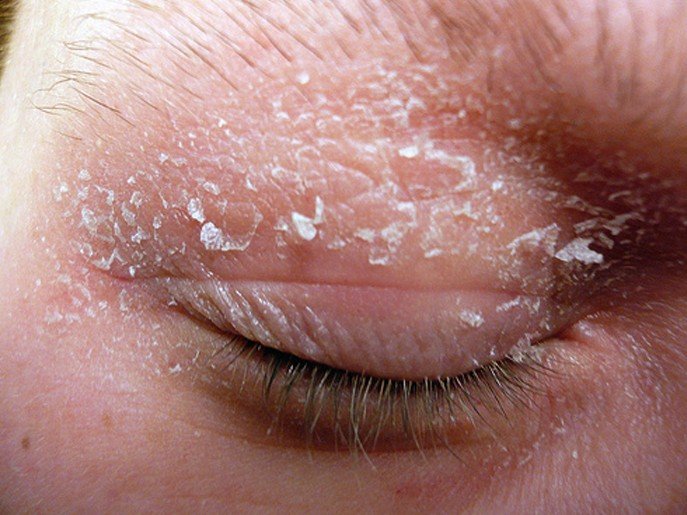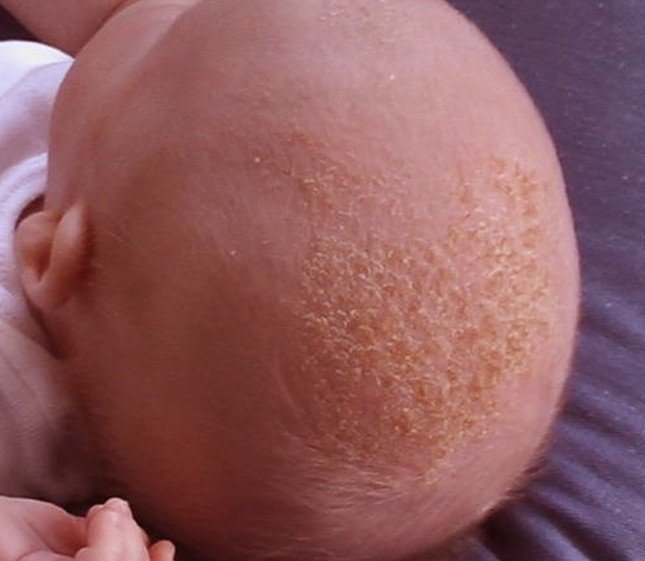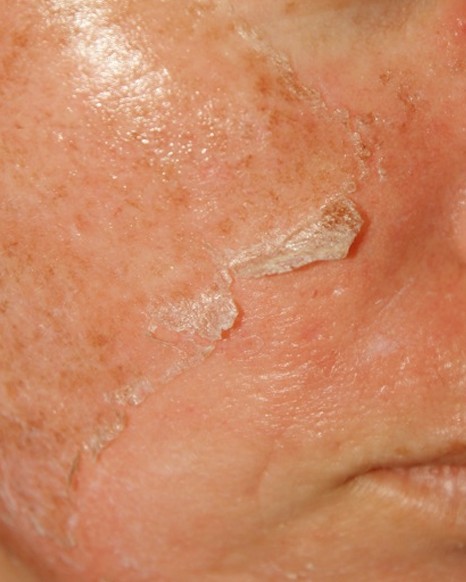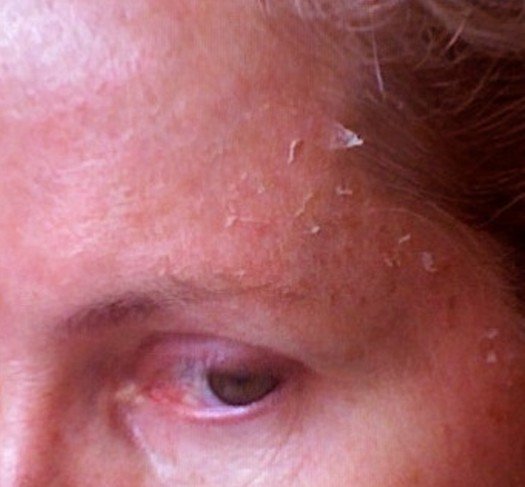Flaky Skin
Last reviewed by Dr. Raj MD on January 12th, 2022.
What is Flaky Skin?
Flaky skin is a condition of the skin characterized by an outbreak of topmost layer of the skin that peels away in small and very thin sliver. The incidence of flaky skin is discomforting and can be downright embarrassing although it is not painful.
Skin is the largest organ of the body that functions in protecting the internal organs, muscles and bones of the body. It protects and defends the body from pathogens and other damage amid external and internal environment. It also acts as thermoregulation to maintain the right temperature of the body.
The skin contains numerous nerve endings which allow the human body for temperature perception and the sense of touch. Two main layers made up the skin each with their own function. The epidermis is the outermost layer of the skin that acts as a barrier to infection and other damages from the external environment. The dermis is the innermost layer of the skin where the appendages of the skin can be located.
The skin is a vital organ of the body which holds all the internal organs and the muscle in place while protecting them from the invasion of pathogens and other damages from the external environment. A healthy skin is essential to continue its function aside from the aesthetic value it provides to the body.
Symptoms of Flaky Skin
Flaky skin often occurs as a symptom of other existing condition or may also exist in relation to an underlying disease and disorder.
The flaky skin is often a temporary problem although it may be a lifelong concern that medical consultation is advised. The pattern of flaky skin in areas of the body may vary from person to person but the most common area affected is the arms and lower legs. The signs and symptoms of flaky skin also depends on the age of the affected individual, the overall health status, the locality and the amount of time spent outdoors.
The symptoms of flaky skin may include the following:
- Skin tightness sensation after taking a bath or shower or after a long period of exposure in the water.
- Skin appears dehydrated and rough.
- Pruritis or itchiness that may become intense.
- Redness in the areas affected.
- Development of fissure that have the tendency to bleed.
- Skin shedding or flaking similar to the feature of dandruff.
Causes
The onset of skin flaking is implicated in the uneven distribution of oil or sebum in the skin or when the oil suddenly dries up. The skin is moisturized by the oil produced under the skin to help the topmost layer of the skin to replenish after it has shed the old skin. The outbreak of flakes is the result of oil and moisture insufficiency in the skin after the oil produced under the skin has dried up.
Climate and temperature are the most common cause of the skin to flake. Flaky skin is common during the winter and when there is too much heat and low humidity. These make the skin moisture insufficient enough to encourage new growth of skin cells.
Aging is also another factor for the skin to dry and flake. Natural changes in the skin occur with the advancement in age, making the skin prone to dryness and flakes.
Various medical conditions which may be temporary or chronic also contribute to the incidence of flaky skin and this may include the following:
- Psoriasis
- Contact Dermatitis
- Atopic dermatitis
- Allergic reactions
- Seborrheic dermatitis
- Eczema
- Xerosis
- Rosacea
- Stress
Flaky skin can also arise from an infectious condition such as:
- Streptococcal bacterial infection
- Yeast infection
- Fungal infection
Flaky Skin Treatment
Most cases of flaky skin respond well to the treatment even with home treatment measures. The goal of treatment is in the relief of the symptoms and restoration of a healthy skin while preventing further medical complications. Treatment of flaky skin also depends on the underlying condition that caused it.
Natural remedies and treatment has also been proven to be effective and beneficial in minimizing the flare ups of the skin condition. This approach of holistic treatment uses only natural ingredients that are safe especially for those suffering from allergies.
Sufficient application of moisturizers is also recommended to prevent extreme dryness of the skin and relieve itchiness. Long hot showers and bath is not advisable as this can only dry the skin more. It is best to seek medical advice for prompt treatment to avoid complications and aggravate the condition even further.
Flaky Skin Pictures
Collection of pictures of Flaky Skin…



